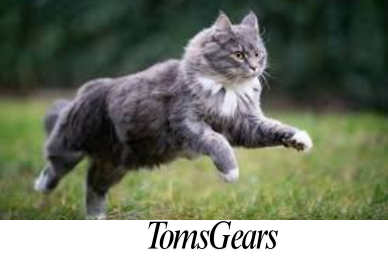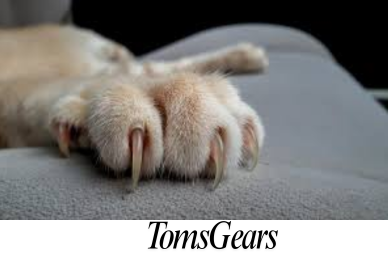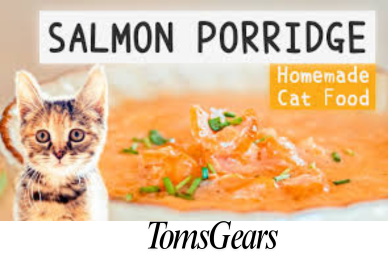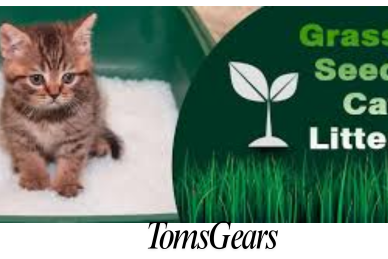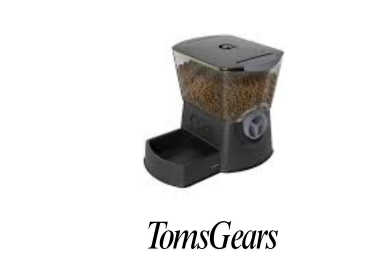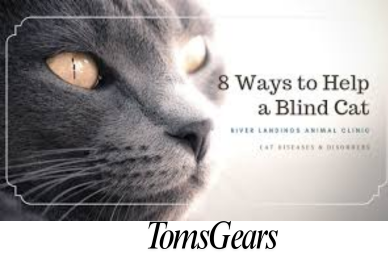How to Remove Hard Poop from Cat Anus?
As a cat owner, few situations can be as distressing as discovering your feline friend struggling with hard poop stuck to their anus. This uncomfortable and potentially painful condition can leave both you and your cat feeling anxious and helpless.
Removing impacted feces from a cat’s anus requires patience, care, and a gentle approach. While it may seem like a daunting task, this article will provide you with a comprehensive understanding of the issue, along with practical solutions and preventive measures to ensure your cat’s well-being.
Why Your Cat Poop Is Hard
Before delving into removal methods, it’s essential to understand the underlying causes and telltale signs of hard poop in cats. Constipation and the formation of dry, compacted stools can stem from various factors:
1. Dehydration
Inadequate water intake is a leading cause of hard, dry stools that are difficult for your cat to pass. Ensure your feline companion has access to fresh, clean water sources at all times, and consider investing in a pet water fountain to encourage hydration.
2. Lack of fiber in the diet
A diet lacking in fiber can contribute to irregular bowel movements and constipation. Incorporate high-fiber foods like pumpkin puree or supplement your cat’s diet with a fiber-rich kibble or treat to promote healthy digestion.
3. Hairballs
Excessive grooming and hair ingestion can lead to digestive blockages and fecal impaction. Regular brushing, especially for long-haired breeds, can help reduce the amount of hair your cat ingests during self-grooming.
4. Obesity
Excess weight can put immense pressure on the digestive system, leading to constipation and other gastrointestinal issues. Consult with your veterinarian to establish a healthy weight management plan for your cat.
5. Stress and anxiety
Emotional distress can disrupt a cat’s normal digestive function and lead to constipation. Identify and address potential stressors in your cat’s environment, such as changes in routine, new household members, or inadequate resources (litter boxes, hiding spots, etc.).
6. Underlying medical conditions
Certain health issues, such as hypothyroidism, intestinal disorders, or neurological problems, can affect a cat’s ability to pass stools normally. Regular veterinary check-ups can help detect and manage these conditions early.
Safely Removing Hard Poop from Your Cat Anus
When confronted with hard poop stuck to your cat’s anus, it’s crucial to approach the situation with care, patience, and a gentle touch. Here are some safe removal methods you can try at home:
1. Warm Compress
A warm, damp compress can help soften the impacted stool, making it easier to remove. Soak a clean washcloth in warm (not hot) water, wring out the excess, and gently hold it against the affected area for a few minutes at a time. Repeat the process as needed, allowing the compress to cool between applications. The warmth and moisture will gradually soften the hardened feces, facilitating easier removal.
2. Pet-Safe Wipes
Specially formulated pet wipes can be an effective solution for removing loose or slightly stuck poop. Gently wipe the area with the moistened cloth, being careful not to apply excessive pressure or cause discomfort to your cat. Avoid using wipes containing harsh chemicals or fragrances, as they may irritate your cat’s sensitive skin and exacerbate the issue.
3. Gentle Brushing or Combing
For short-haired cats, a soft brush or comb can help remove softened poop after using a warm compress. Gently brush or comb in the direction of fur growth, being careful not to pull or tug on the impacted area. This method works best when the stool has been sufficiently softened by the warm compress.
4. Olive Oil or Petroleum Jelly Lubrication
As a last resort, a small amount of olive oil or petroleum jelly can be applied around the anus (not internally) to help lubricate and soften the impacted stool. Use a cotton ball or your finger to gently apply a thin layer of the lubricant around the affected area. However, it’s essential to use these lubricants in moderation and consult with your veterinarian before attempting this method, as excessive use can lead to further complications.
5. Pumpkin Puree or Fiber Supplements
Introducing a small amount of pumpkin puree or a fiber supplement into your cat’s diet can help soften stools and alleviate constipation. Start with a teaspoon or two of pumpkin puree mixed into your cat’s wet food or sprinkled onto their dry kibble. Gradually increase the amount as needed, but be sure to consult with your veterinarian before making any significant dietary changes.
When You Should Take Your Cat to A Vet
In certain situations, seeking professional veterinary assistance is necessary. If the poop is firmly impacted and impossible to remove at home, despite your best efforts, it’s time to enlist the help of a professional. Additionally, if your cat is in significant distress or showing signs of pain, such as excessive vocalization, restlessness, or loss of appetite, prompt veterinary care is required. Finally, if there’s any bleeding or rectal prolapse (protrusion of the rectum), it’s imperative to seek immediate veterinary care, as these conditions can be life-threatening if left untreated.
Veterinary Treatment Options
Your veterinarian may recommend various treatment options depending on the severity of the situation and any underlying health issues. These may include:
- Manual removal of the impacted stool under sedation or anesthesia: In severe cases, your veterinarian may need to sedate or anesthetize your cat to safely and effectively remove the hardened feces manually.
- Administration of enemas or laxatives: To soften and assist in the passage of the stool, your veterinarian may administer enemas or prescribe laxatives specifically formulated for feline use.
- Prescription of medication: If an underlying medical condition is contributing to constipation, your veterinarian may prescribe medication to address the root cause and promote regular bowel movements.
How to Prevent Hard Poop in Cats
There are several preventive measures you can implement to reduce the risk of hard poop and constipation in your cat:
- Regular Exercise: Encouraging physical activity through playtime and interactive toys can help stimulate digestive function and prevent obesity, a common contributor to constipation.
- Litter Box Management: Ensure your cat has access to a clean, easily accessible litter box. Inadequate litter box availability or cleanliness can lead to stress and subsequent digestive issues.
- Hydration Stations: In addition to providing fresh water bowls, consider setting up multiple hydration stations around your home with water fountains or bowls, especially in areas where your cat spends a significant amount of time.
- Routine Veterinary Check-ups: Regular visits to your veterinarian can help detect and address any underlying health issues that may contribute to constipation or digestive problems before they become severe.
- Ensure Proper Diet: Ensure your cat is consuming a high-fiber, high-moisture diet appropriate for their age, breed, and activity level. Consult with your veterinarian for personalized dietary recommendations.
- Proper Grooming: Regular brushing, especially for long-haired cats, can help reduce the amount of hair ingested during grooming, reducing the risk of hairballs and potential blockages. Establish a consistent brushing routine and invest in quality grooming tools designed for your cat’s coat type.
End Notes
Dealing with hard poop stuck to your cat’s anus can be a challenging and unpleasant experience, but with the right knowledge and approach, you can navigate this situation effectively and ensure your cat’s comfort and well-being.
Remember, seeking professional veterinary advice is crucial if you encounter any difficulties, if your cat is exhibiting signs of distress or underlying health issues, or if the problem persists despite your efforts. Your veterinarian can provide personalized guidance, diagnostic testing, and appropriate treatment options to address the root cause of the issue.

